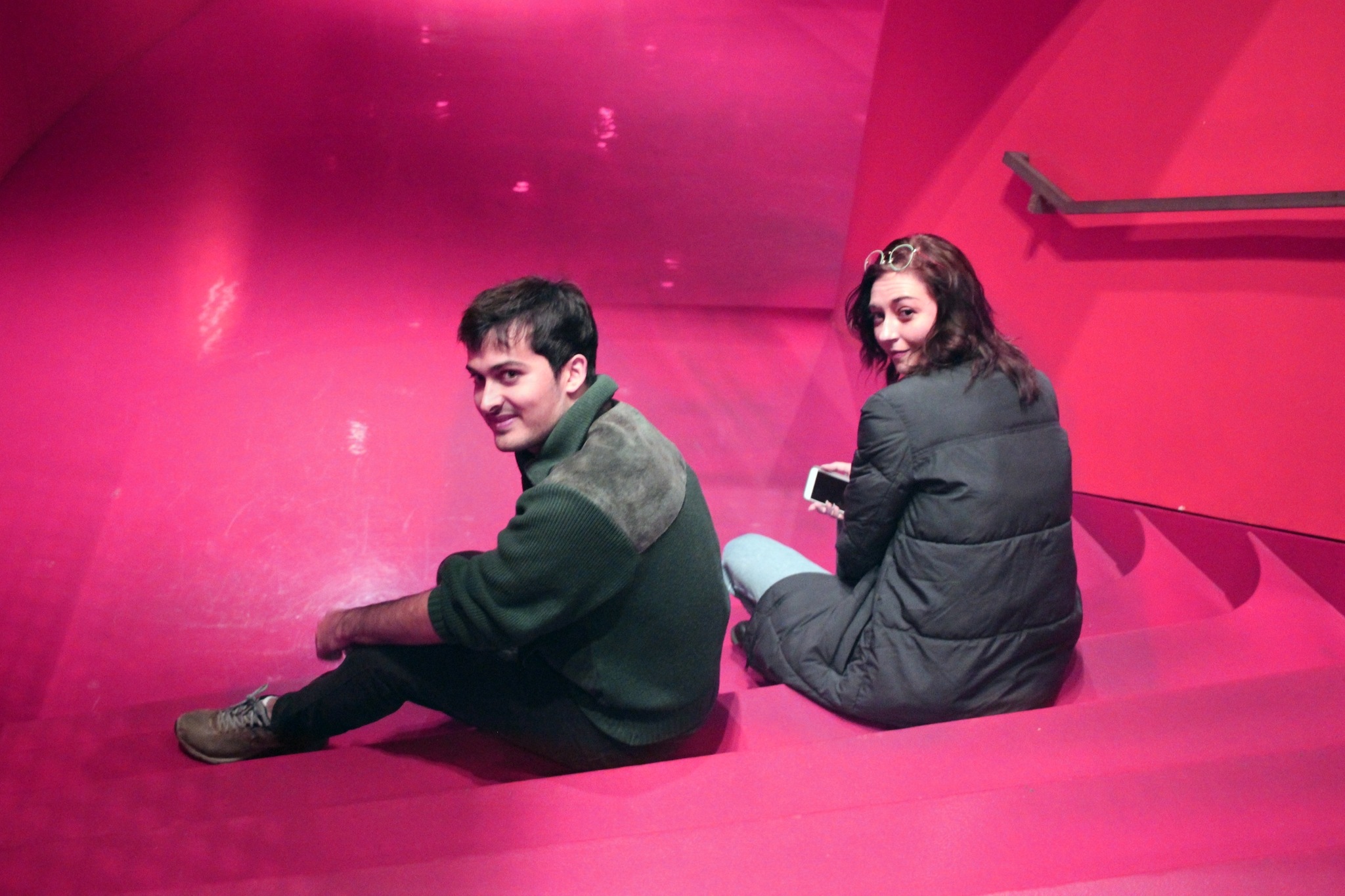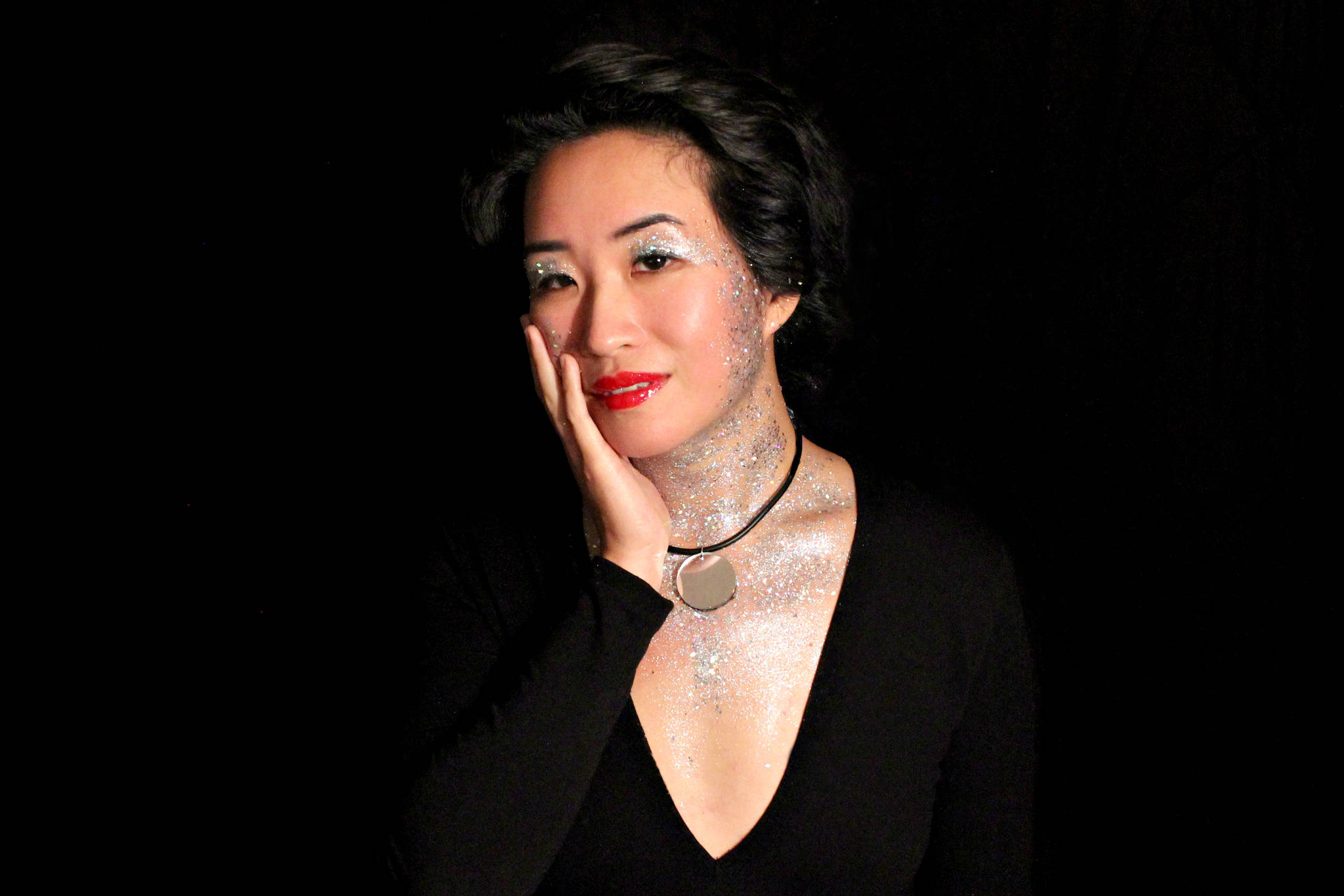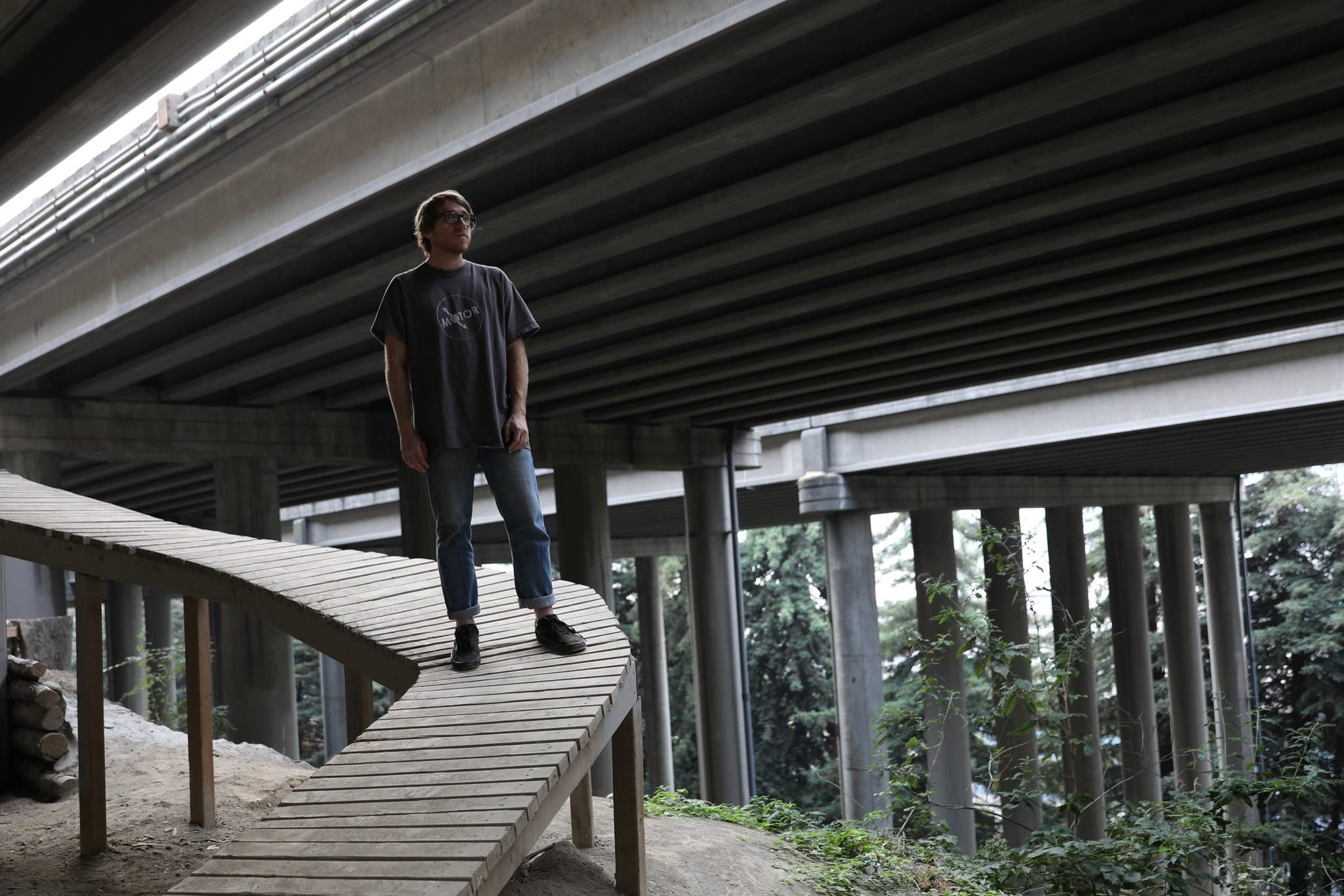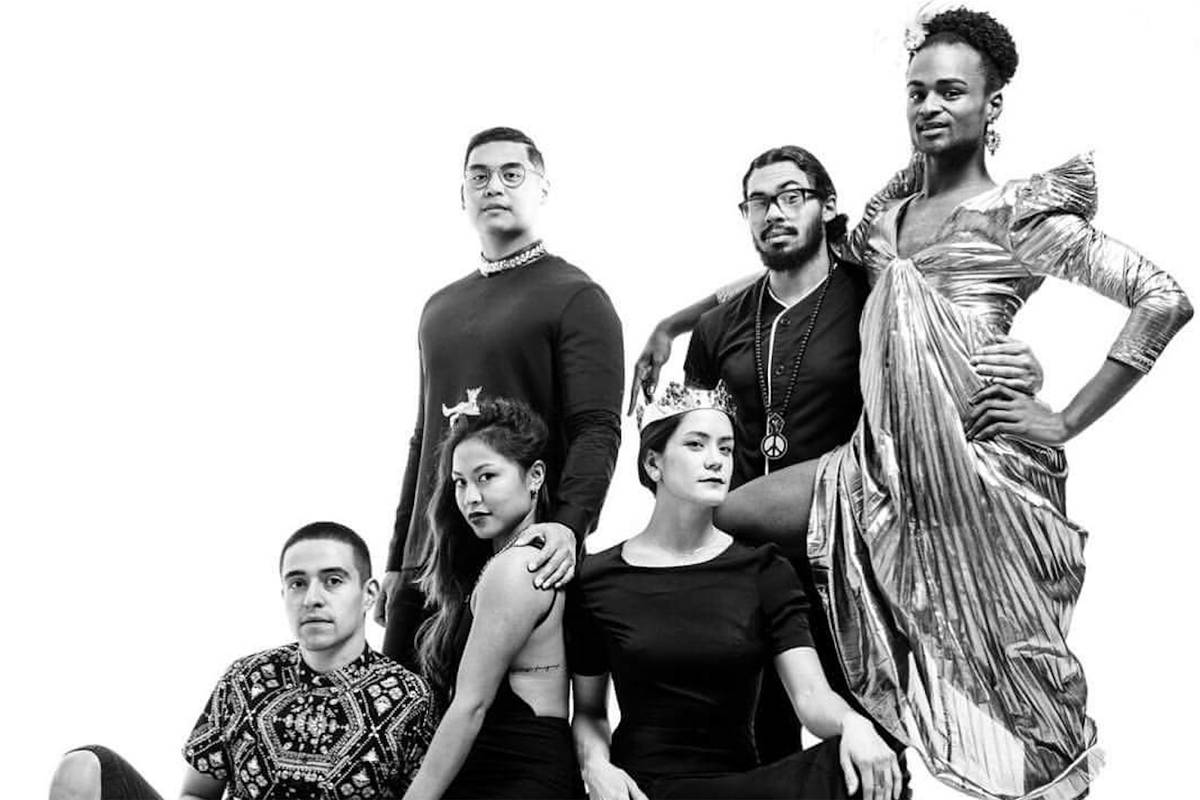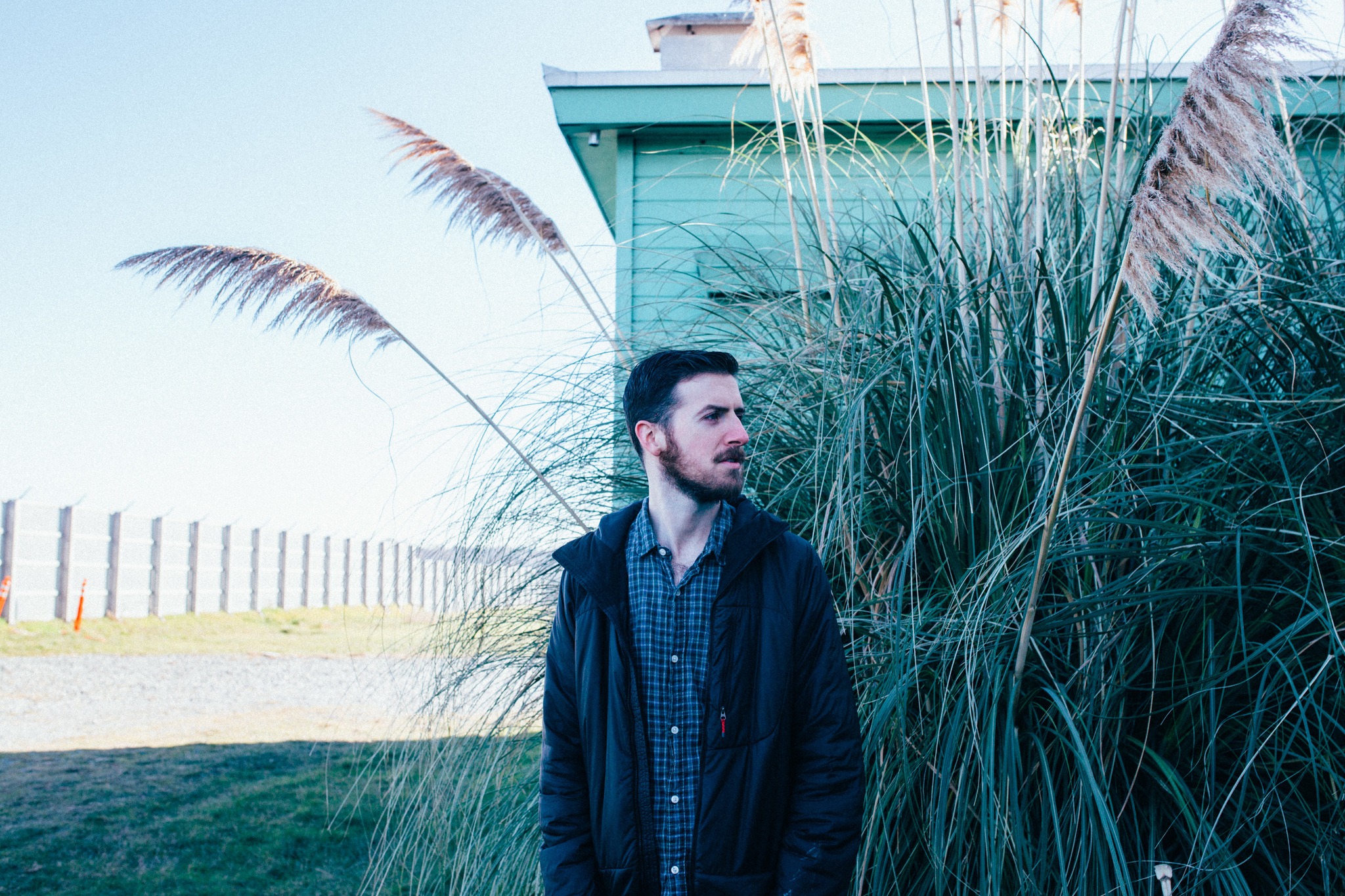Electronic-music fans in Seattle have been saying what a crazy month it is for months. It was a crazy spring, a crazy summer, and after a bonkers October it’s shaping up to be a hell of a November, too. Seattle has never been a city spoiled for choice when it comes to dance music, but the bookings lately just won’t quit. There are plenty of promoters to thank, but two nights in particular stand out for both quantity and quality: Research and Action Potential.
Both these events are roughly monthly—often more—and both take place at Kremwerk, Seattle’s central den of dance that’s not yet three years old. Research focuses on DJs, and they’ve booked acts like Mike Huckaby, Bambounou, DJ Stingray, Joey Anderson, Hodge, Lotic, Gunnar Haslam, Olin, Cooly G, Jayda G, LNS, D. Tiffany, Bobby Draino … the list goes on and on. Action Potential books live acts for nights that are more performance than party, with names like Jlin, Kangding Ray, Galcher Lustwerk, Laurel Halo, x/o, Erika, Inga Copeland, J. Albert, Project Pablo, and You’re Me. These shows were the Seattle debut for many of these artists. The events have also served to premiere local talents like Stygian techno DJ Kristen Dalen or videographer Annisa Amalia’s first gorgeous stab at show visuals. Seattle’s been drowning in dates, and Action Potential’s first anniversary November 10 (with Montreal’s Project Pablo and Vancouver’s D. Tiffany) is the perfect occasion to reflect on where these blessings came from.
Nick Carroll, booker for Kremwerk and a founder of the techno collective secondnature, started Research with Kremwerk owner Austin Stone in July 2015. Cecilia Corsano-Leopizzi, who worked on Decibel Festival, TUFFEST, and Corridor Festival, felt hungry for the next thing after Decibel ended last year and started booking Research with Carroll. The two then began scheming on a new night they’d call Action Potential, with live visuals, live performers, and no genre constraints.
“I frequently feel frustrated that I have to choose between genres,” says Corsano-Leopizzi. “On a given day I’ll listen to grime, house, jungle, techno, noise, garage, breaks, dub, reggae, and dubstep.” Corsano-Leopizzi says she and Carroll share the same “frenetic, nervous, ADHD energy” that keeps their tastes eclectic, and the shows they’ve booked for Action Potential and Research have spanned a similarly wide palate. Their shows have seen break-laden footwork from Jlin, a dub-ambient chilled-down set from You’re Me, and ballroom voguing during Lotic’s abrasive club mélange that included Britney Spears.
Carroll says the guiding principle is to book “Adventurous Dance Music.” “Listening to the same thing all the time gets boring, even within a single set,” he says. “When a DJ throws a curveball at you, that’s what’s most stimulating as a listener.”
Action Potential and especially Research have accomplished another notable feat: booking acts that seriously diversify Seattle dance. Most of their bookings serve to explore the United States and the UK, rather than gravitating toward Berlin or Scandinavia, and the headliners are predominantly of color. Corsano-Leopizzi says she’d become frustrated with the “commodification and whitewashing of techno and house,” and wanted to “pay homage to the greats that pioneered the genres in the first place” with her bookings. It’s been an unspeakable treat to see a series repeatedly bring talent so deeply cherished by other American cities into the Seattle fore, like Detroit giants Mike Huckaby or DJ Stingray.
In the arts world, “show promoter” is probably the role with the most skewed ratio of hard work to personal reward. Corsano-Leopizzi and Carroll often sleep on couches to give up their beds to touring artists, make break-of-dawn drives to the airport, and spend hours hunting down equipment or items on a rider. They invest their own money, carry heavy gear, and spend the first few hours of every show sweating it until enough people show up to break even. There are hours of emailing behind every date that gets announced, as well as dozens of dates that fall through. They also have to walk the infinitesimally small line between hyping something enough and spamming their friends.
“I am a promoter, though the term is considered a pretty dirty one and it makes me laugh a little,” says Corsano-Leopizzi. “God forbid, having to promote things. Nobody likes doing it. It can be awkward and viewed as egotistical.”
It’s easy to parody the promoter writing “Come through, it’s lit,” on every Facebook event page or slinging handbills outside Foundation at 2 a.m. But doing it well goes far beyond ego. You have to build a reputation for the event that supersedes the people throwing it. Because, as Carroll says, “you can only count on your friends to go to your shows so many times.”
“Every promoter has moments where they’re like, ‘This is why I do what I do,’ ” says Carroll, “and then they have moments where they’re like, ‘Why the fuck do I keep doing this to myself?’ ” Corsano-Leopizzi and Carroll both say that some of their most reaffirming moments from Research and Action Potential happened when they looked around a full room and realized they didn’t know anyone there. Ironically, one of sweetest successes a promoter can enjoy is when no at the party knows who they are. Good promoters do it for the music, and there’s no better testament to the strength of a booking than a crowd full of strangers who came to hear what you hear. Action Potential, With Project Pablo, D. Tiffany, René Najera, Baby Sam, Ferg. Kremwerk, 1809 Minor Ave., kremwerk.com, 682-2935. $10 adv. / $15 DOS. 21 and over. 8 p.m. Thurs., Nov. 10.
music@seattleweekly.com
